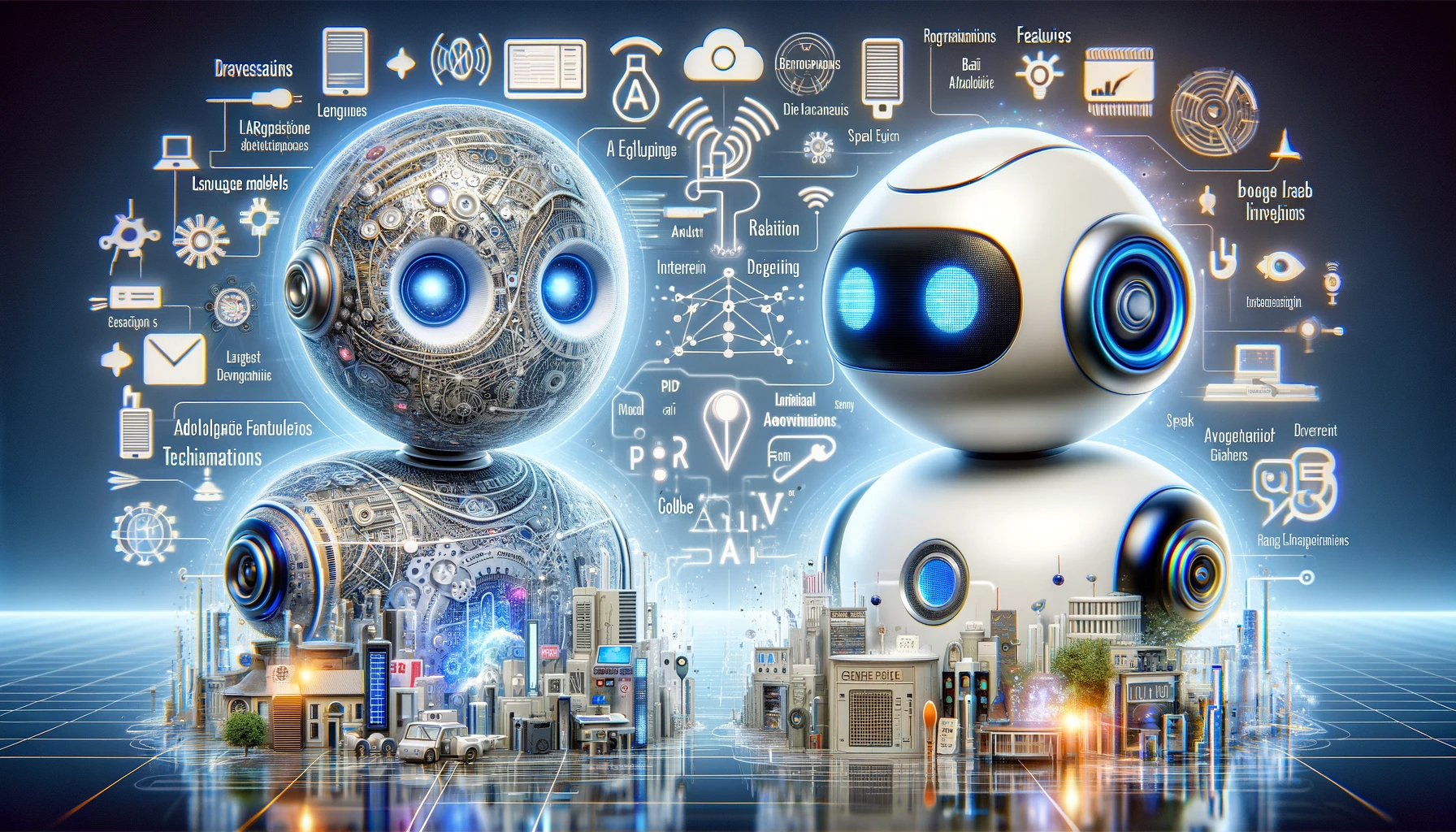As 2023 has drawn to a close, we take a look at its main trend in tech: generative AI. While it took the tech industry by storm, new developments raised a lot of questions. This resulted in some major debates and drama which we have covered for you at PL Talents.
—
Generative AI takes centre stage
In 2023, generative AI (GenAI) models, especially OpenAI’s ChatGPT, significantly influenced the AI landscape. This shift saw AI becoming a core focus in business conversations, pushing tech firms to incorporate AI capabilities into their product families. Generative AI’s rise led to advancements in AI acceleration hardware and a growing emphasis on AI in IT strategies for automation and efficiency. Gartner’s research in September 2023 indicated that 55% of organizations were actively piloting or using GenAI, underscoring its widespread adoption and impact on democratizing knowledge and skills.
OpenAI drama
The OpenAI saga in 2023 involved significant boardroom drama and strategic shifts. The board dismissed Sam Altman, citing communication issues, leading to a solidarity resignation by Greg Brockman. Microsoft then hired both Altman and Brockman for a new AI research team.
This sparked employee unrest at OpenAI, with nearly all employees threatening to quit unless Altman was reinstated and the responsible board members resigned. Subsequently, Altman returned, and the board underwent major changes. The incident highlighted the tension between rapid AI development and safety concerns, with Microsoft’s increasing influence indicating a possible shift in OpenAI’s focus towards maximizing AI’s commercial potential.
ChatGPT vs Bard
In 2023, the development of ChatGPT and Google’s Bard highlighted significant advancements and challenges in the field of AI. ChatGPT, built on OpenAI’s GPT-3.5 and later GPT-4, faced issues around transparency and biases in its decision-making processes. These large language models (LLMs) were noted for their opaque, unreliable, and potentially unfair decisions, sparking concerns and lawsuits over copyright infringements and biases. OpenAI expanded ChatGPT’s capabilities by introducing speech functionality and releasing GPT-4 Turbo, which offered more recent knowledge and greater context. The expansion also included image integration, signaling a move towards handling more modalities in the future, including speech and video capabilities.
Meanwhile, Google’s Bard, powered by PaLM 2, distinguished itself with real-time internet access, enhancing its ability to provide up-to-date responses. Bard’s proficiency in coding and programming, along with its multimedia content generation capabilities, set it apart from ChatGPT. However, ChatGPT’s larger LLM made it more accurate in generating detailed information on a broader range of topics. The differences between the two included aspects such as accuracy, programming skills, image generation, conversational learning, and privacy. Bard was noted for its ability to answer basic questions and link to relevant additional information, while ChatGPT excelled in generating long-form content and providing more formal, detailed responses suitable for technical writing.
AI safety & policy discussions
AI safety became a pivotal topic in 2023, with debates around AI’s existential risks gaining mainstream attention. High-profile figures in AI and policy, such as Geoffrey Hinton and Sam Altman, contributed to discussions about AI’s potential harm. This led to important conversations about AI policy, culminating in the European Union’s AI Act, which aimed to introduce binding rules for developing high-risk AI applications responsibly. The White House also issued an executive order on AI, focusing on transparency and standards.
Technological advancements in AI
Technological breakthroughs in AI were not limited to generative models. IBM introduced Watsonx, a generative AI platform tailored for enterprises, focusing on data governance, security, and model customization. The open source AI landscape also expanded, with significant collaborations like AWS partnering with Hugging Face to make training and deploying AI models more accessible. Meta released its open source LLM, Llama, indicating a growing trend towards open source solutions in AI.
AI’s environmental impact
2023 also brought to light AI’s true carbon footprint. Studies showed that generating an image using a powerful AI model could consume as much energy as fully charging a smartphone. This revelation prompted discussions on making AI usage more sustainable.
The future of AI
Looking ahead, AI’s role in healthcare, business software, and everyday tasks like software development is poised to grow. Microsoft’s integration of AI-powered Copilots in office productivity tools like Teams and Excel, and similar moves by Google and other enterprise software providers, signal a future where AI is deeply embedded in business operations. These developments point towards an AI-enhanced future, with a focus on improving efficiency and productivity across various sectors
—
Are you looking for your next tech hire? Get in touch with one of the PL Talents’ experts – we are the number one tech recruitment specialist in Germany.

